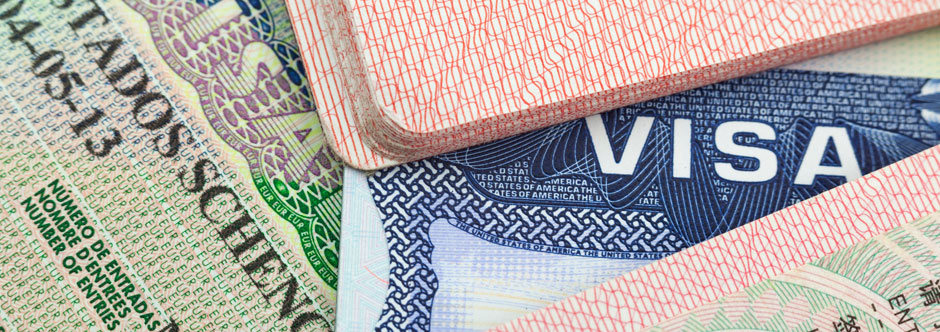Where are the best and the brightest of Asia’s workforce talent going these
days? According to the U.S. Organization
for Economic Cooperation and Development (OECD), the migration of talent in Asia remains
strongest to the United States but the Republic of Korea and Japan are other
favorite destinations. Countries of origin for this flow of talent are the
People’s Republic of China, India and the Philippines, primarily. And everyone
seems to benefit. Not only are labor shortages alleviated within the
countries receiving these recruits, but remittances to family and loved ones
back home strengthens the economies of developing countries. For example,
remittances contributed to over 10% of the gross domestic products (GDP) of
Bangladesh and the Philippines.
The New Economy
Recruitment of migratory talent may be the hallmark of the 21st
century economy. This may be the most definitive descriptor of this
era. In the past, migration has primarily meant a talented individual leaving
behind their home country to engage in the stronger economy of one of the
world’s dominant nation’s. However, globalization is leveling the playing field
for many nations that were once mired in poverty. As economic dynamics change
and traditionally impoverished nations begin to emerge as strong middle-income
countries, nations like India and Pakistan, they find the need to entice their
talent to return home.
Rather than the 21st century economy be a continuation of a one-way stream
of talent away from home to a stronger host country, the so-called “brain
drain” effect, migration may become a two-way street. Instead of
diasporas, the highly skilled global workforce of today may become a
workforce with worldwide mobility. The talent migrating away from Asia today
could return home tomorrow. However, it could also very well turn
around and migrate, yet again, to another place of opportunity. The 21st
century may become an economy defined as “borderless” for those whose
skills and talents are in demand around the world.
The Rise Of The Scholar
Of the most recent collectives of migratory talent out of Asia, more than 50%
are highly educated. In fact, it could be said that the current generation
of talent recruited from Asia is the best educated work force to have yet
emerged from that part of the world. This is an explosion of scholarly talent
when it is realized that less than five years ago one
third of migratory talent had no higher education. While developed
countries may have been investing in industry, developing countries seemed to
have been investing in the human factor, educating their people to take
advantage of industrial developments elsewhere.
Out of all of this scholarly talent, Asian students comprise more than half
of all students migrating to become part of workforces in other countries in
the Western Hemisphere as well as throughout Asia’s region of the world. As
they immigrate, a highly skilled worker seeking the best opportunity, it also
seems that they continue their education in their new host countries. The
desire to pursue higher education is as strong as their desire to immigrate for
employment.
Passing The Gap
For almost a decade Asian talent has outpaced virtually every other region
when it comes to skills and education. A typical Asian recruit has shot past
the gap many countries have experienced where skilled workers are concerned.
Whereas many immigrants face restrictive immigration policies, the value of
Asian talent is recognized throughout the world. In a highly competitive global
economy Asian talent recognizes the value of continuing education to maintain a
competitive edge. By opting to continue to further their studies in addition to
workforce contributions in a host country, work-study visas for Asian
immigrants is on the rise.
The Asian Recruit’s Future
As many Asian nations continue to experience growth, the so-called
“brain drain” problem of the past may no longer be an issue. The
migratory flow may become a back and forth, or even an exploration of
opportunity throughout the world. A global economy may very well result in
workers reshaping the world as we know it. For those who are skilled, educated
and willing to work, their world may truly have no boundaries or borders.
Networking with recruitment experts
will help contributors of global talent stay up to date with the latest
trends in the global marketplace in order to take advantage of every
opportunity and challenge they are qualified to meet.





